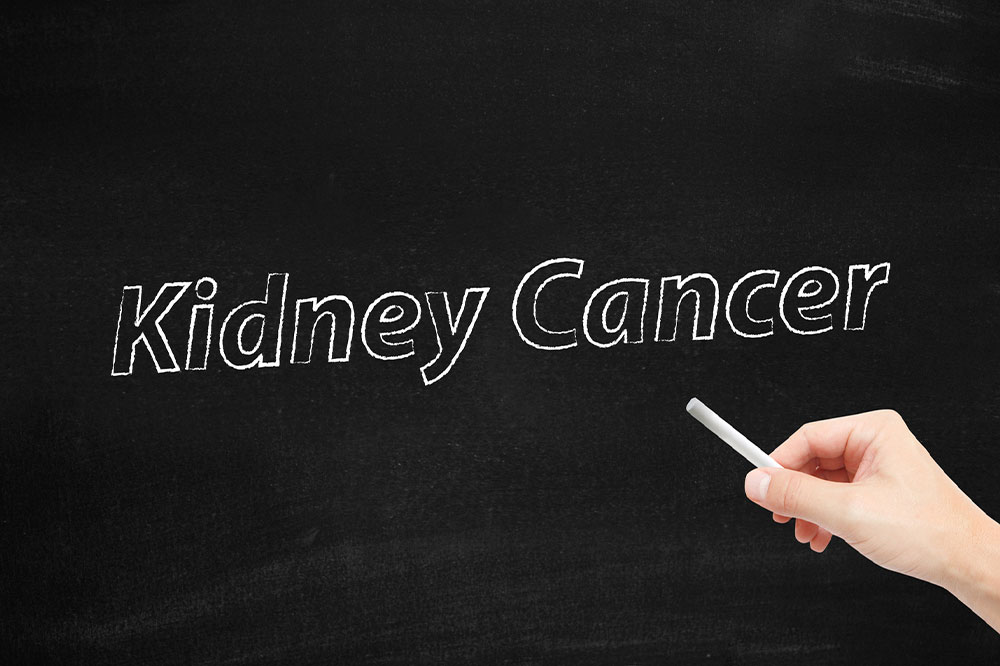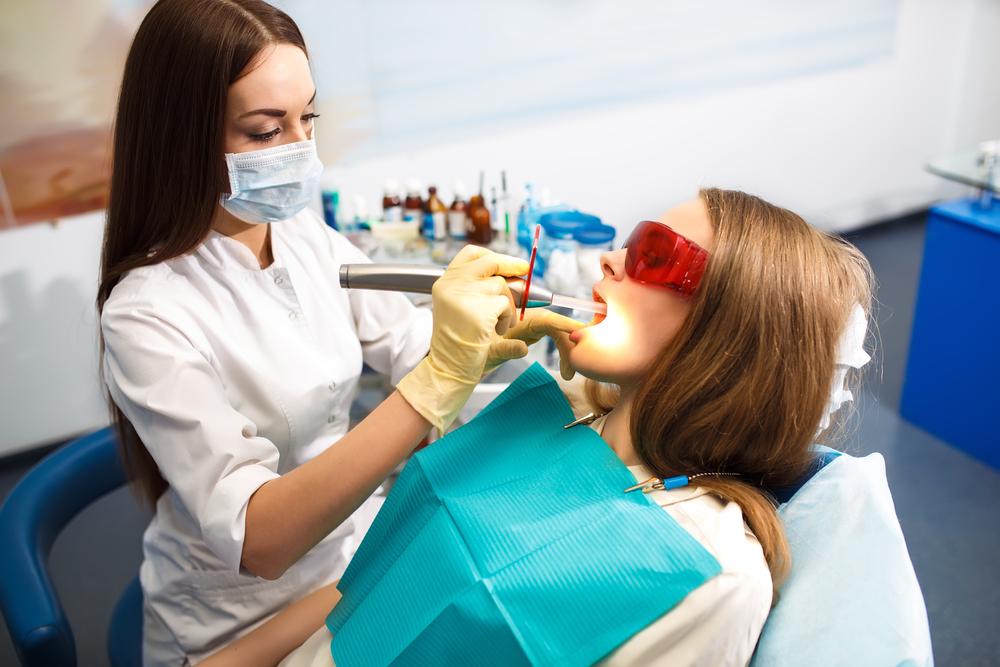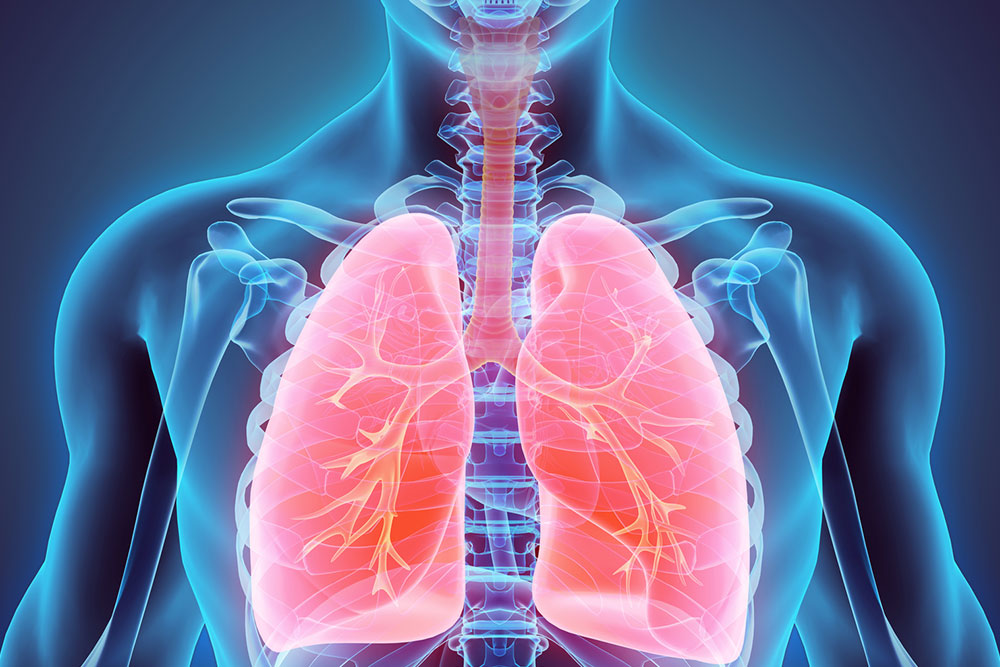Comprehensive Guide to Kidney Cancer: Essential Facts, Symptoms, and Prevention Strategies
This comprehensive guide delves into the essential facts about kidney cancer, including symptoms, diagnostic methods, treatment options, and preventive strategies. Early detection is key to successful treatment outcomes, making awareness and lifestyle modifications crucial for reducing risk and improving prognosis.

Comprehensive Guide to Kidney Cancer: Essential Facts, Symptoms, and Prevention Strategies
Kidney cancer, medically known as renal cancer, ranks among the most common types of cancers worldwide, affecting both men and women with notable prevalence. Among its various forms, renal cell carcinoma (RCC) stands out as the most frequently diagnosed subtype. The good news is that when detected early, kidney cancer often responds well to treatment, and patients can achieve favorable outcomes. This is why understanding the key aspects of kidney cancer — from its symptoms and diagnostic methods to treatment options and preventive measures — is crucial for both the general public and healthcare professionals.
In this guide, we delve into the signs and symptoms of kidney cancer, how it is diagnosed, available treatment options, and effective strategies for risk reduction. Recognizing early warning signs can lead to prompt intervention, significantly increasing the likelihood of successful treatment and improved survival chances.
What are the main indicators of kidney cancer? Are visible kidney lumps a sign of cancer?
An important feature of renal cell carcinoma is the development of a palpable mass or swelling in the abdomen, sides, or back.
Since the kidneys are located deep within the abdominal cavity, early-stage symptoms tend to be subtle and may go unnoticed, delaying diagnosis.
Approximately 45% of individuals with RCC notice firm lumps or swelling in their abdominal region, which can be a key warning sign.
Diagnosing kidney cancer generally involves imaging tests such as ultrasound, computed tomography (CT) scans, and magnetic resonance imaging (MRI). When these imaging techniques reveal abnormalities, a biopsy is often performed to confirm the presence of malignant cells, providing definitive diagnosis.
Can sudden weight loss be associated with kidney cancer?
Yes, unintentional weight loss is commonly observed among kidney cancer patients, especially in advanced stages.
As the tumor enlarges and invades nearby organs or causes systemic effects, individuals often experience a decreased appetite, leading to rapid and unexplained weight loss.
Persistent low-grade fever, fatigue, and general malaise are also common symptoms, which can further compromise health if not addressed promptly.
So, what are the primary treatment options for kidney cancer? What therapies are available and how do they work?
Surgical removal remains the cornerstone of treatment, especially for localized tumors. Depending on tumor size and location, partial or radical nephrectomy—(removal of part or the entire kidney)—is performed.
Targeted therapy utilizes drugs designed to interfere with specific molecules involved in tumor growth and progression. These drugs can be highly effective in controlling disease progression.
Immunotherapy aims to boost the body's immune response against cancer cells, improving long-term control and survival rates.
Radiation therapy uses high-energy X-rays to destroy tumor cells. It is typically employed to manage symptoms or treat metastatic disease when surgery isn't feasible.
Chemotherapy, though less common for RCC due to resistance, is occasionally used in specific cases or in combination with other treatments.
Can kidney cancer be prevented? What measures can reduce the risk?
While it is not always possible to prevent all cases of kidney cancer, adopting certain lifestyle modifications can substantially lower risk.
Quit smoking: Smoking is a significant risk factor. Ceasing tobacco use can dramatically decrease your chances of developing kidney cancer.
Maintain a healthy weight: Obesity is strongly linked to renal malignancies. Regular exercise and a balanced diet help in keeping weight under control.
Monitor blood pressure: Hypertension is associated with increased kidney cancer risk. Managing blood pressure through lifestyle and medication if necessary is advisable.
Avoid exposure to industrial chemicals: Limiting exposure to substances like asbestos, certain solvents, and nephrotoxic chemicals reduces environmental risk factors.
Early detection, lifestyle changes, and awareness of the symptoms can play vital roles in reducing the impact of kidney cancer. If you notice any signs such as blood in urine, unexplained weight loss, persistent fever, or abdominal lumps, consult a healthcare professional promptly to facilitate early diagnosis and treatment.





